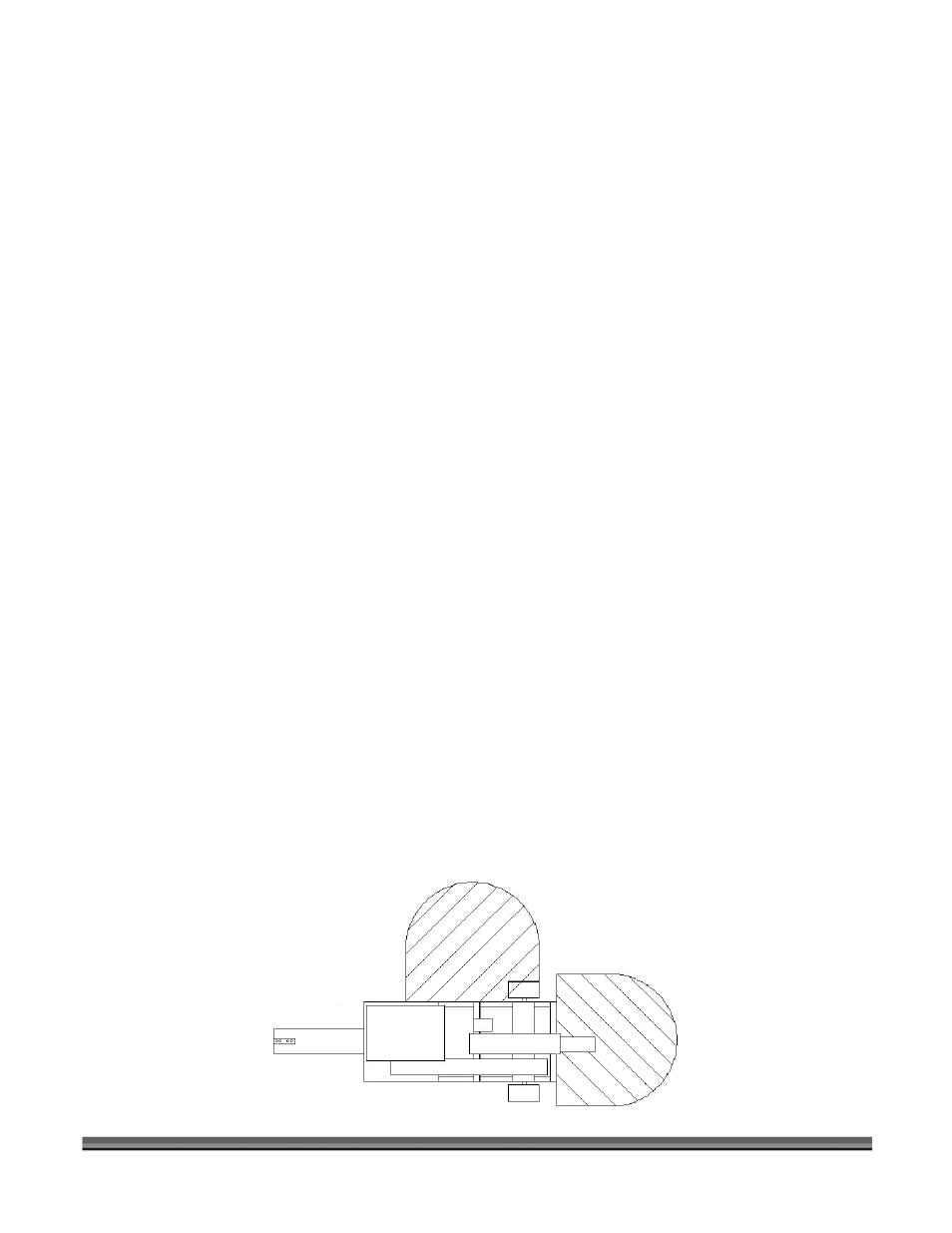DR Power 13 HP Towable User Manual
Page 24

20 DR
®
13 HP CHIPPER
Operation Notes
•
Visually check the Chipper Knife for damage each time you use the machine.
NOTE: Check for shaft movement while starting the engine. If the shaft does not turn, clean out the Chipper
as instructed on page 24.
•
At engine start-up, the engine of your DR 13 HP CHIPPER operates under no load until
approximately 1200-1400 RPM, at which speed the Centrifugal Clutch engages and begins driving
the Rotor Assembly.
•
Proper Rotor speed is 2400-RPM +/- 200 RPM.
•
When viewed from the Chipper Hopper side (Operator Zone, Figure 6), the Flywheel turns in a
clockwise direction.
•
Always wear protective gloves and safety glasses during operation of the DR 13 HP CHIPPER.
•
If it becomes necessary to push material into the Chipper Hopper, only use a wood stick, NEVER
your hands, or any foreign material such as plastic or metal.
•
NEVER assume you know where the Chipper knife is. You do not know where it is. Always keep
hands out of the Chipper Hopper.
•
Keep area of discharge clear of people, animals, buildings, glass, or anything else that will obstruct clear
discharge, cause injury, or damage. Wind can also change discharge direction, so be aware.
•
ALWAYS operate the DR 13 HP CHIPPER from the Operator Zone shown in Figure 6.
•
Keep proper balance and footing while operating the machine.
•
When feeding material into the Chipper Hopper, be extremely careful that pieces of metal, rocks, or
other foreign objects are not included. Personal injury or damage to the machine could result.
•
NEVER operate the machine without the Chipper Hopper and Discharge Chute properly installed.
•
If the cutting knife strikes a foreign object or if your machine should start making an unusual noise or
vibration, immediately stop the engine and wait five (5) minutes for all moving parts to come to a
complete stop and cool. After the machine has come to a complete stop proceed as follows:
-
Disconnect the spark plug wire.
-
Inspect for any damage and repair or replace any damaged parts before restarting and operating the
machine.
•
ALWAYS stop the engine when leaving the Operating Zone (Figure 6) or when moving the machine.
Figure 6
Operator Zone
Engine
Discharge
Area
Top View